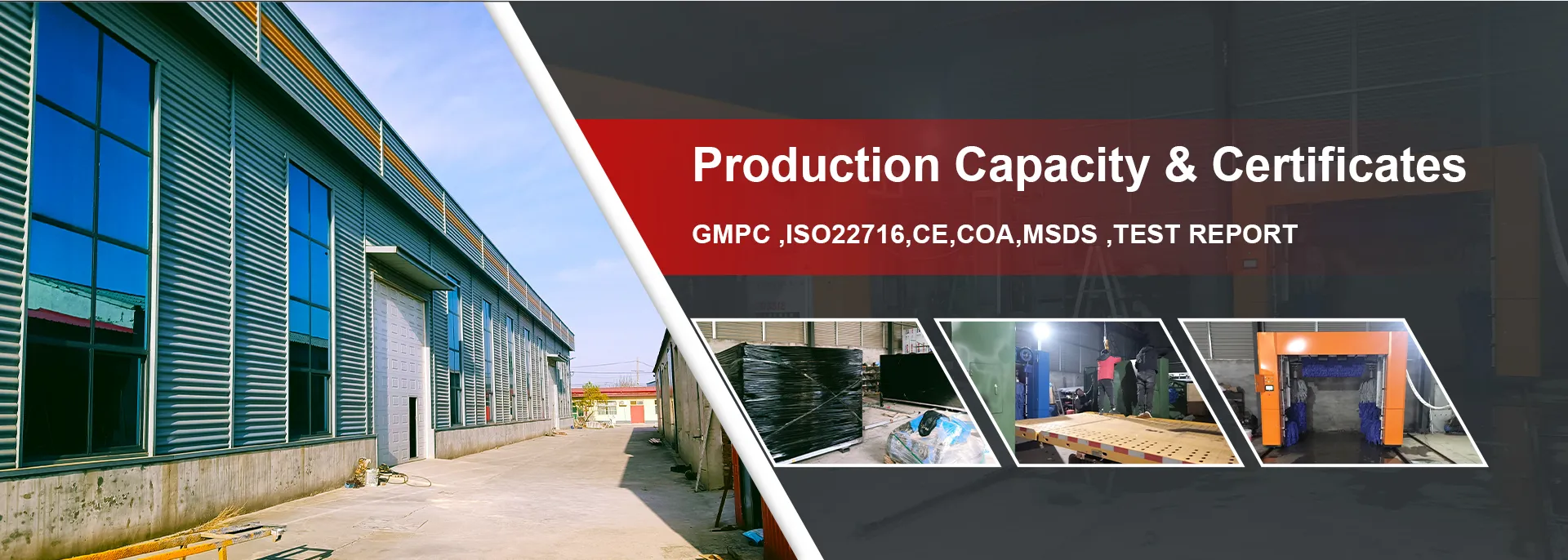
- Afrikaans
- Albanian
- Amharic
- Arabic
- Armenian
- Azerbaijani
- Basque
- Belarusian
- Bengali
- Bosnian
- Bulgarian
- Catalan
- Cebuano
- Corsican
- Croatian
- Czech
- Danish
- Dutch
- English
- Esperanto
- Estonian
- Finnish
- French
- Frisian
- Galician
- Georgian
- German
- Greek
- Gujarati
- Haitian Creole
- hausa
- hawaiian
- Hebrew
- Hindi
- Miao
- Hungarian
- Icelandic
- igbo
- Indonesian
- irish
- Italian
- Japanese
- Javanese
- Kannada
- kazakh
- Khmer
- Rwandese
- Korean
- Kurdish
- Kyrgyz
- Lao
- Latin
- Latvian
- Lithuanian
- Luxembourgish
- Macedonian
- Malgashi
- Malay
- Malayalam
- Maltese
- Maori
- Marathi
- Mongolian
- Myanmar
- Nepali
- Norwegian
- Norwegian
- Occitan
- Pashto
- Persian
- Polish
- Portuguese
- Punjabi
- Romanian
- Russian
- Samoan
- Scottish Gaelic
- Serbian
- Sesotho
- Shona
- Sindhi
- Sinhala
- Slovak
- Slovenian
- Somali
- Spanish
- Sundanese
- Swahili
- Swedish
- Tagalog
- Tajik
- Tamil
- Tatar
- Telugu
- Thai
- Turkish
- Turkmen
- Ukrainian
- Urdu
- Uighur
- Uzbek
- Vietnamese
- Welsh
- Bantu
- Yiddish
- Yoruba
Effective Techniques for Cleaning and Maintaining Your Equipment
The Importance of Wash Equipment in Modern Industries
In today's fast-paced industrial landscape, wash equipment plays a crucial role across various sectors, ranging from automotive to food processing. As industries continue to evolve, the demand for cleanliness, efficiency, and adherence to health and safety regulations intensifies. This article explores the significance of wash equipment and how it contributes to operational efficiency and product integrity.
The Role of Wash Equipment
Wash equipment encompasses a range of machines and systems designed to clean surfaces, components, and products. From ultrasonic cleaners used in precision engineering to high-pressure washers for vehicles and industrial facilities, the right wash equipment can significantly enhance productivity. Cleaning is not just about aesthetics; it is fundamental to maintaining quality standards and ensuring that products are free from contaminants that may affect performance or safety.
For instance, in the food industry, effective washing of equipment and surfaces is paramount to preventing foodborne illnesses. Wash units equipped with sanitization features ensure that all residues and bacteria are eradicated, complying with health regulations. In the automotive sector, maintaining cleanliness in manufacturing plants not only promotes worker safety but also protects sensitive components from damage that can occur due to dirt and debris.
Advancements in Technology
The wash equipment industry has witnessed substantial technological advancements over the years. Automation has become a key trend, enabling businesses to optimize their cleaning processes. Automated wash systems can perform tasks with minimal human intervention, leading to increased efficiency and reduced labor costs. Furthermore, modern wash equipment often includes programmable features, allowing businesses to customize cleaning cycles for various applications.
Additionally, environmentally friendly wash systems that utilize less water and biodegradable cleaning agents are becoming increasingly popular. These systems not only comply with environmental regulations but also contribute to reducing operational costs. As sustainability becomes a focal point in corporate strategies, industries are prioritizing wash equipment that aligns with eco-friendly practices.
wash equipment

Economic Impact
Investing in high-quality wash equipment can yield significant economic benefits. Initially, the capital expenditure may seem substantial; however, the long-term savings in labor, water consumption, and product reworks can far outweigh the costs. Efficient cleaning reduces downtime, allowing for a smoother production flow and increased output. Recognizing the correlation between clean environments and productivity, many organizations are willing to invest in advanced wash solutions as a strategic move to enhance their competitiveness.
Moreover, robust wash systems extend the lifespan of machinery and equipment. Regular and effective cleaning prevents the corrosion and degradation of surfaces, ultimately leading to fewer maintenance issues and extended operational life. This not only saves money on repairs but also decreases the need for premature replacements, which can be financially burdensome.
Implementing Effective Wash Solutions
To harness the maximum benefits of wash equipment, industries must carefully assess their specific needs. Factors such as the nature of the materials being cleaned, the scale of operations, and compliance requirements play significant roles in determining the right wash solution. Consulting with experts in wash technology can provide valuable insights and lead to informed decision-making.
Furthermore, businesses should develop training programs for staff to ensure proper use and maintenance of wash equipment. Adequate training promotes safety and efficiency, maximizing the equipment’s effectiveness while minimizing the risk of accidents or damages during operation.
Conclusion
In conclusion, wash equipment is an integral component of modern industrial operations. Its importance extends beyond simple cleaning; it influences product quality, operational efficiency, and compliance with health standards. As technology continues to advance, the potential for wash equipment to transform industries is only set to grow. By investing in effective wash solutions, businesses not only secure their operational integrity but also position themselves for sustainable success in an increasingly competitive marketplace. The focus on cleanliness and efficiency is no longer optional; it is a necessity for thriving in today’s industrial environment.
-
Integrating Aqua Tunnel Car Wash in Shopping CentersNewsJun.24,2025
-
Gas Station with an Auto Car Wash MachineNewsJun.24,2025
-
Efficiency in Your Aqua Tunnel Car Wash: Power & Water-SavingNewsJun.24,2025
-
Car Wash Business with Advanced Auto Car Cleaning MachinesNewsJun.24,2025
-
Balancing Setup Costs with Aqua Tunnel Car WashNewsJun.24,2025
-
Aqua Tunnel Car Wash: Eco-Design for the Energy-Savvy EntrepreneurNewsJun.24,2025



